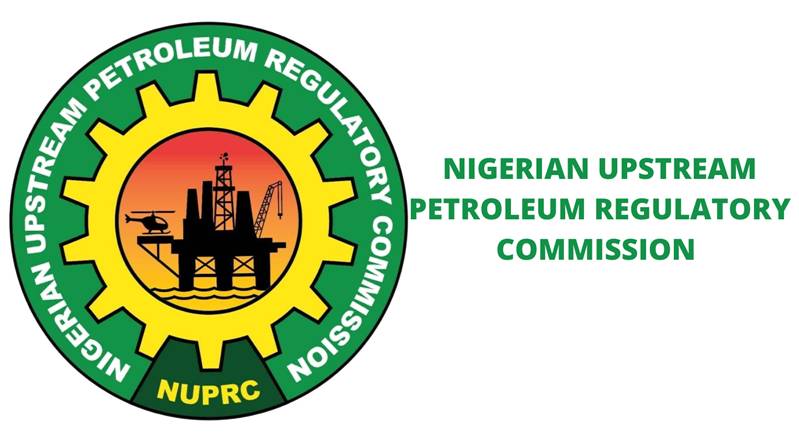In this article, The Nigerian Upstream Petroleum Regulatory Commission (NUPRC) Targets 100% Hydrocarbon Accounting to Boost Domestic Refining Capacity.
The Nigerian Upstream Petroleum Regulatory Commission (NUPRC) has mapped out its action plan for 2024 and near term 2024 to 2026, pointing out in broad terms the regulatory approach and actions that are to be implemented by the Commission to further its mandate as the top regulatory agency established to supervise upstream petroleum operations in Nigeria.
The commission chief executive, Gbenga Komolafe in a statement issued in Abuja said the Regulatory Action Plan (RAP) will focus on regulatory and predictability, future licensing rounds policy and implementation, unit cost of production optimization, automation and business process improvements for operational efficiency, promoting ease of entry and investment retention, vacating entry barriers associated with huge asset acquisition fees, deepening transparency, accountability and elimination of discriminatory regulatory practices, implementation of a carbon credit earnings framework for upstream operations, accelerating the execution of oil and gas development and production projects, and enforcement of Drill or Drop provisions of the Petroleum Industry Act (2021).
Other areas of focus include the optimization of federation revenues, decarbonization and greenhouse gas (GHG) emissions management in producing environment and Incorporation of green story in FDPs, diligent monitoring of implementation of the Nigerian Gas Flare Commercialization Program (NGFCP) awarded sites for optimum flare-out monetization, Host Community Trust Fund implementation and guiding the trust fund activities to reduce agitation in the operations areas and 100 per cent hydrocarbon accounting.
The Regulatory Action Plan (RAP) also targets the implementation of the new production curtailment regime and domestic crude supply obligation, annual asset performance assessment and reviews, enforcement of Domestic Crude Supply Obligation (DCSO) and Domestic Gas Distribution Obligation (DGDO) to improve domestic refining capacity, implementation of frontier exploration fund, decommissioning and abandonment (D&A) fund, zero tolerance to default in royalty payment, value creation through approval of annual work program/budget and monitoring of financial viability, crude oil and gas pricing in contemporary terms, and revenue generation and implementation of zero default strategy on payment of royalty.
READ: NUPRC (DPR) Permits Registration Services
Komolafe said that the foregoing represents in broad terms the key thematic focus areas that would underpin the Commission’s activities in 2004.
Komolafe stated that in focusing on these areas, the Commission aims to bring into rapid effect the transformation of the sector envisaged by the PIA (2021) and ramp up the efficiency and performance of the Sector.
He was optimistic that the implementation of these initiatives would in the short- and long-term increase revenues generated for the government from the industry, improve the regulatory and operating environment, optimize value, generate jobs, and position the country as a destination for foreign direct investment for the Sector.
The commission chief executive noted that as a strategy-driven organization, the NUPRC is firmly committed to setting a clear agenda for the Nigerian upstream sector to engender efficiency and effectiveness in line with the PIA and government aspirations for a virile, functional and profitable oil and gas sector.
Giving an insight into why the Commission is focusing on the thematic areas, the CCE explained that the public policy statement is issued within the context of the global energy landscape which is currently in a state of rapid change in response to climate concerns and the challenges faced by the fossil fuel industry and economies long dependent on it.
Engr. Komolafe pointed out that Nigeria’s position on energy transition aligns with that of OPEC in the call for just, inclusive, equitable and balanced energy transitions.

